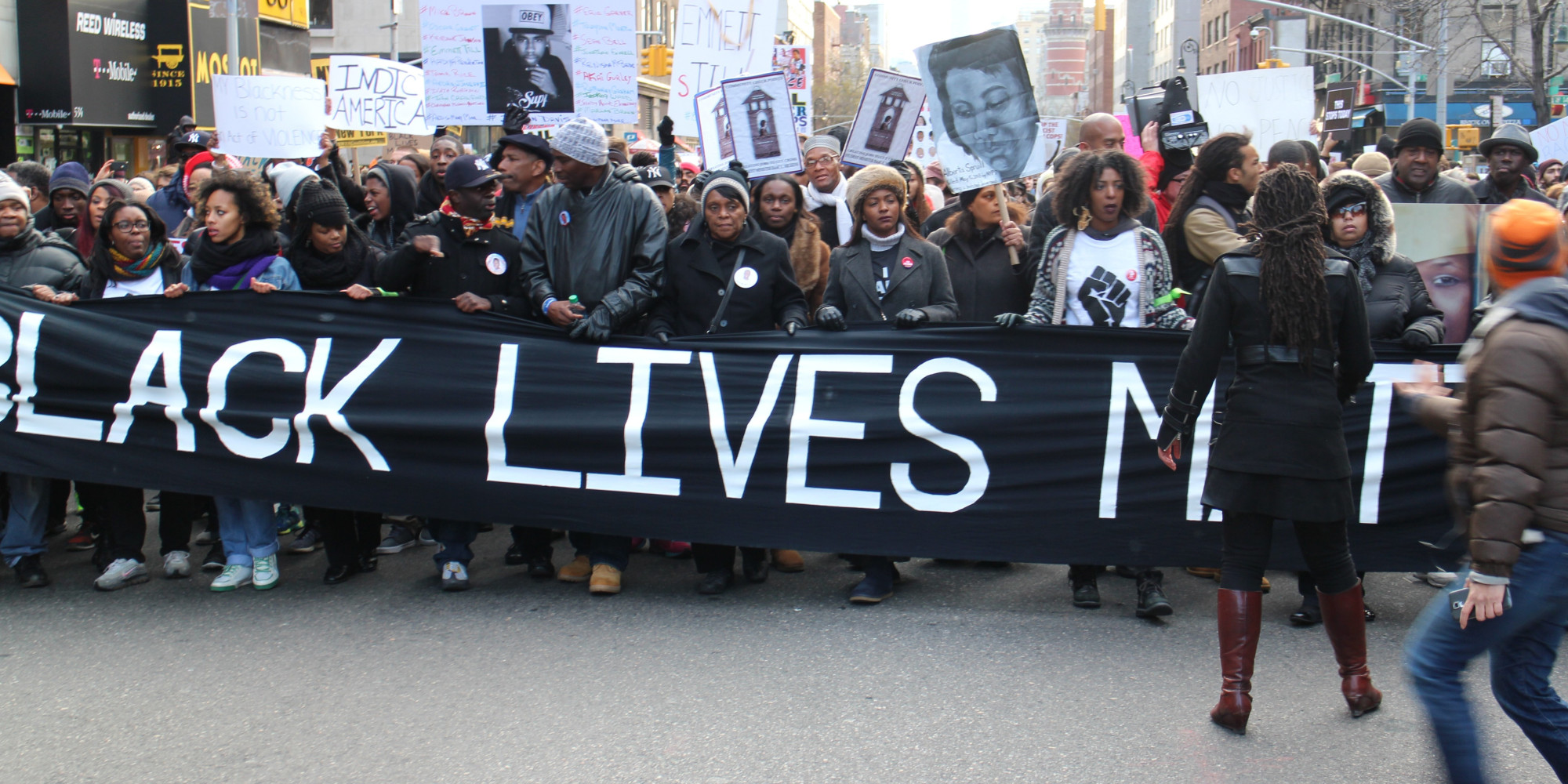- Firms like Crowds on Demand (CoD) orchestrate paid protests, hiring actors and activists to create the illusion of grassroots movements for political or corporate clients.
- These manufactured campaigns, funded by wealthy elites, manipulate public perception by simulating organic activism, undermining genuine democratic expression.
- Past movements, including the Women’s March and Black Lives Matter, faced allegations of inflated participation through hired protesters, though proof is often obscured by NDAs.
- Billionaires like George Soros are accused of funding “fake” activist groups to shape political narratives, raising concerns about foreign and elite interference in domestic issues.
- Reliance on paid protests suggests a lack of authentic grassroots support for liberal causes, highlighting a disconnect between party messaging and public enthusiasm.
Protests have long been a hallmark of American democracy, a tool for citizens to voice dissent and demand change. But what if many of these demonstrations are not organic expressions of public sentiment but carefully orchestrated campaigns funded by wealthy elites? A growing industry, led by firms like Crowds on Demand (CoD), specializes in manufacturing protests, hiring actors and mobilizing activists—all for a price. This revelation raises serious questions about the authenticity of modern political movements and the integrity of America’s democratic process.
The business of protests
Adam Swart, CEO of Crowds on Demand, openly advertises his company’s ability to generate crowds, speakers and even letter-writing campaigns on behalf of political causes. His firm operates as a one-stop shop for advocacy groups, corporations and political operatives seeking to amplify their message—regardless of genuine public support. (Related: Sen. Rand Paul says left-wing mobs are PAID, well-organized thugs, confirming they are terrorists-for-hire.)
Swart’s services include hiring protesters, staffing phone banks to pressure lawmakers and flooding congressional offices with pre-written constituent letters. His company’s website boasts that it is the “ultimate guerilla lobbying and government relations firm,” a claim that underscores the commodification of activism.
Astroturfing: Fake grassroots, real influence
This practice, known as “astroturfing,” creates the illusion of widespread grassroots support where none exists. Unlike genuine movements, which emerge organically from public discontent, astroturfed campaigns are bankrolled by deep-pocketed donors who seek to manipulate political outcomes.
Swart recently admitted that his firm was offered a $20 million contract to assist in organizing the July 17 protests against former President Donald Trump, coordinated by the left-wing group Good Trouble Lives On. The demonstrations, held on the anniversary of civil rights icon John Lewis’ death, were marketed as a continuation of his legacy. Yet, Swart rejected the deal, citing concerns that the events could turn violent.
A history of manufactured movements
The idea of paid protesters is not new. Critics on the right have long accused liberal organizations of inflating protest numbers with hired activists. The 2017 Women’s March and the 2020 Black Lives Matter demonstrations faced similar allegations. More recently, the “No Kings Day” protests—reportedly the largest single-day demonstration in U.S. history—were suspected of being bolstered by Crowds on Demand, though the company denies involvement.
The anonymity of these operations makes them difficult to trace. CoD employees sign non-disclosure agreements, shielding clients from public scrutiny. This secrecy allows wealthy donors to influence politics without accountability.
The Soros connection
George Soros, the billionaire financier of progressive causes, has been repeatedly linked to protest movements. Last summer, during anti-Israel campus demonstrations, legal scholar Alan Dershowitz accused Soros-funded groups like Jewish Voice for Peace of being “fake organizations” designed to radicalize activists.
Soros’ Open Society Foundation has poured millions into activist networks, raising concerns about foreign influence in domestic politics. While Soros’ defenders argue he supports democratic values, critics see a pattern of elite manipulation—using money to manufacture dissent rather than foster genuine debate.
Democrats in disarray?
The reliance on astroturfing suggests a deeper problem for the Democratic Party. If liberal causes require paid protesters to appear viable, it implies a lack of authentic grassroots enthusiasm. This desperation reflects a party struggling to counter the populist energy of Trump’s MAGA movement.
As one Trump administration official quipped, “Nothing screams a party in disorder more than one that obviously lacks grassroots support and is forced to rig the political system.”
The rise of the protest-for-hire industry exposes a troubling reality: American democracy is increasingly for sale. Wealthy elites, unaccountable firms and political operatives can now purchase the appearance of public outrage, distorting the national conversation. While Adam Swart deserves credit for rejecting a lucrative but ethically dubious contract, his business model remains a symptom of a broken system.
Watch this video about astroturfing.
This video is from the Son of the Republic channel on Brighteon.com.
More related stories:
ABSURD: DOJ sues Elon Musk’s SpaceX for refusing to hire ILLEGALS
Enemies for hire: Muslim WaPo contributor caught on video firing missile, chanting “Death to America”
Junk food corporations hire paid shills to propagandize junk food as healthy
Black Lives Matter is a Marxist group backed by billionaires
Most Americans see antifa protesters for the violent criminals they are, despite media spin
Sources include:
RT.com
Azerbaycan24.com
Foxnews.com
Brighteon.com
Read full article here


